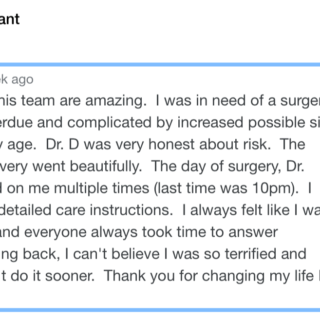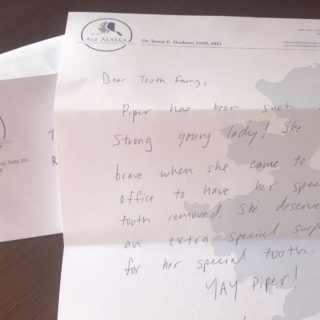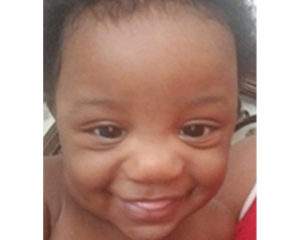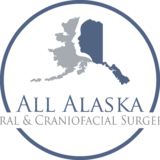22q11.2 deletion is the chromosomal cause for clinical findings associated with Velocardiofacial, DiGeorge and other related syndromes. Occurrence of 22q11.2 is relatively common at one in every 2,000-4,000 live births, and while most cases occur at random, about 10% of cases may be inherited from one mildly affected parent. While clinical findings are wide ranging , including heart defects, gastrointestinal problems, immune system issues, growth problems, delayed cognitive and physical development, behavioral, emotional and psychiatric differences and other issues, your craniofacial surgeon will specialize in issues pertaining to the head and neck area such as isolated cleft palate, cleft lip and palate, velopharyngeal incompetence (speech issues), feeding difficulties and hearing deficits. Diagnosis of 22q11.2 deletion can be difficult and should always begin with a thorough medical and family history involving a pediatrician and a geneticist with most evaluations involving DNA analysis to verify a missing portion of chromosome 22. Once your child is diagnosed, the craniofacial surgeon will be ready to discuss any applicable needs such as cleft palate or lip and palate repair, face, jaw and tooth growth, speech and language pathology evaluation, feeding evaluation and ears, nose and throat evaluation pertaining to hearing and breathing.
Why our patients LOVE US!

I was in need of corrective jaw surgery that was well overdue and complicated by increased possible side effects due...
Read more

Dr Dashow is the most patient, kind, and caring doctor we have ever worked with. Our 4 year old needed...
Read more

Our son Sevyn was born with bilateral choanal atresia, meaning both of his nasal passages were blocked by bone or...
Read more
